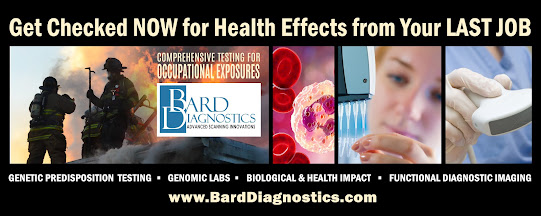Heart disease, Alzheimer’s and Parkinson’s disease, diabetes, osteoporosis, liver and kidney disease, and many types of cancer are just a few of the health conditions that women can face, especially as they age. The general advice is to eat healthy, get adequate sleep, exercise regularly, and manage stress. You do your best to follow these, as well as get your recommended pap smears, mammograms, and basic bloodwork. Later in life, you may get a colonoscopy and bone density.
That’s a great start, but how do you know what you’re doing is working?
Wouldn’t it be great to know more about your body and how it’s functioning – before you develop a serious disease?
The truth is that these health issues often provide clues long before you have symptoms, and being proactive with your health includes getting the right tests at the right time. Some tests evaluate predispositions for health issues, enabling a personalized plan. Others help assess how well these strategies are working and where you need to adjust.
Advancements in lab technologies have made it possible to do in-depth analyses of most aspects of our genetics, epigenetics, biochemistry, and cellular functioning. While each woman’s needs differ depending on age and health history, here are some of the tests I often recommend for proactive insights into one’s body and why.
1. DNA: Learn about your risk for inherited diseases (genetics), predispositions you can alter through diet & lifestyle (nutritional genomics), and potential issues with medications (pharmacogenomics). This enables you to create a personalized plan for screening tests, diet and health strategies, and medication choices.
2. Metabolomics: Learn how your organs and biochemistry are operating at a cellular level with blood, urine, or saliva tests. With these you can detect early changes in every aspect of your biology, including blood sugar, vitamins, and minerals, hormones, bone metabolism, heart disease, stress, inflammation, cognitive function, and much more. Detected early, many of these changes are reversible.3. Microbiomics: Learn how your gut is functioning in response to your DNA, diet, and lifestyle by looking at the bacteria that play a key role in your body’s biology and biochemistry and how your gut may be impacting your health.
4. Epigenetics: Besides learning how fast your body is aging, you’ll learn how your past and current health practices and life experiences impact your health by altering your gene expression – and how you can improve this.
5. Imaging: Detect abnormal masses or structural abnormalities in the body including tumors and cancers, aneurysms, low bone density, brain volume, blood vessel calcifications, and much more. Although CT and X-ray technologies play a role, MRI and ultrasound are safest for regular screening because they don’t involve radiation. The advent of whole-body MRI makes it now possible to see the whole body in one scan.Despite the potential benefits, none of these strategies are currently standard in our current disease-based health model.
It will be challenging to change our healthcare system from a reactive model to a proactive one, and will require a fundamental shift in how we approach health and healthcare. Prevention and early detection strategies are often more resource-intensive in the short run, even though they offer long-term savings and better health.
But you don’t have to wait for the system to change. As we work to create a different global mindset and reprioritize resources, you can already benefit from the many innovators creating new solutions that exist today.









No comments:
Post a Comment